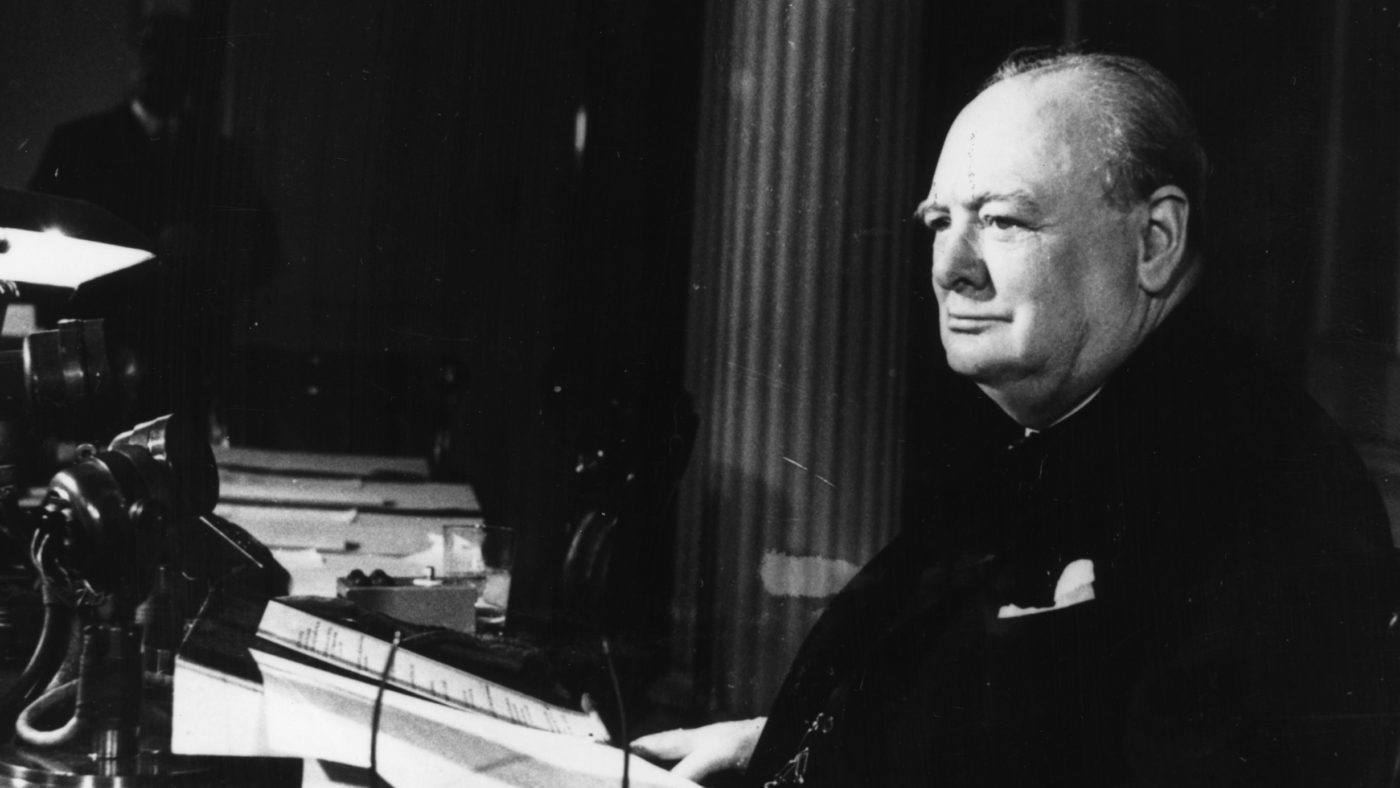Over the Christmas week, CapX is republishing its favourite pieces from the past year. You can find the full list here.
‘I could not consent to the introduction into our national life of a device so alien to all our traditions as the referendum,’ Clement Attlee told Winston Churchill in May 1945, ‘which has only too often been the instrument of Nazism and Fascism.’ The Referendum has long been characterized by its detractors as the constitutional equivalent of a rather foul-smelling, young, foreign skinhead gate-crashing an otherwise decorous Westminster drinks party for grown-ups. Last weekend, Matthew Parris stated in The Times that ‘The referendum is a rather continental contrivance and alien to what always used to be our British idea of democracy,’ followed by words about ‘Hitler’s use of the device to harness popular sentiment behind brutal change.’
Yet in fact the referendum has a long history in British politics, certainly long pre-dating Adolf Hitler. The great constitutional lawyer Professor A.V. Dicey proposed the use of the referendum over the Irish Home Rule issue as early as 1890, an idea that the Tory prime minister Lord Salisbury – about as quintessentially British a statesman as it is possible to be – took up with enthusiasm. Twenty years later, the Tory premier Arthur Balfour promised a referendum in the 1910 Tory manifesto over the question of Tariff Reform, and twenty years after that, Stanley Baldwin also committed the Conservatives to holding a referendum before introducing Protection. These all pre-dated the Fuhrer coming to power.
In May 1945, Winston Churchill suggested holding a referendum over the question of extending the life of his wartime Coalition until victory was won over Japan, and in 1961 – which is now 55 years ago – the Licensing Act instituted local referendums in parts of Wales to ascertain the views of the electorate on Sabbath pub opening. 1961 was before I was born, so it seems a bit harsh that Referendums should still be treated by their foes like some new-fangled constitutional invention. The prime minister of the day was one of Matthew Parris’ political heroes, Harold Macmillan, who hardly resembled either Mussolini or Hitler. It was Harold Wilson who instituted the 1975 referendum on continued EEC membership, and there is equally nothing remotely Fascistic about countries like Australia, Denmark, Switzerland and France, which all use referendums regularly.
Mr Parris prefers representative democracy in his article, while admitting that ‘In practice it’s less than perfect.’ With the referendum, however, no-one is disenfranchised, as Tories in Llanelli or socialists in Kensington & Chelsea effectively are during general elections. Referendums are an established part of the British Constitution, as well as being the most direct way to ascertain the will of the people. On an issue as important as Britain’s continued membership of the EU, anything less than one-person-one-effective-vote would be a constitutional outrage.


